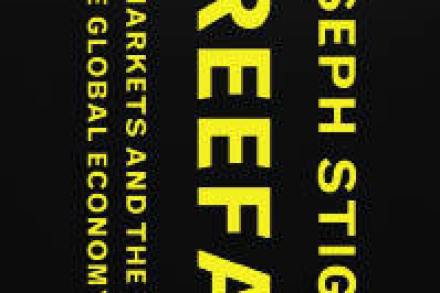What Irish Austerity?
Next time you hear a Labour politician arguing that the markets are punishing Ireland despite its austerity drive (and therefore Britain should not rush to cut its own deficit) you might kindly point out that, because of the horrors at Anglo Irish and elsewhere, you can certainly argue that there hasn’t actually been an Irish austerity drive: In a statement, Mr. Lenihan conceded that the bank bailout would have an immediate and dire effect on Ireland’s budget deficit, pushing it up to an extraordinary 32 percent of G.D.P. Taking out the bank costs, Ireland’s deficit is expected to be around 11 percent, despite two years of an austerity drive. The










